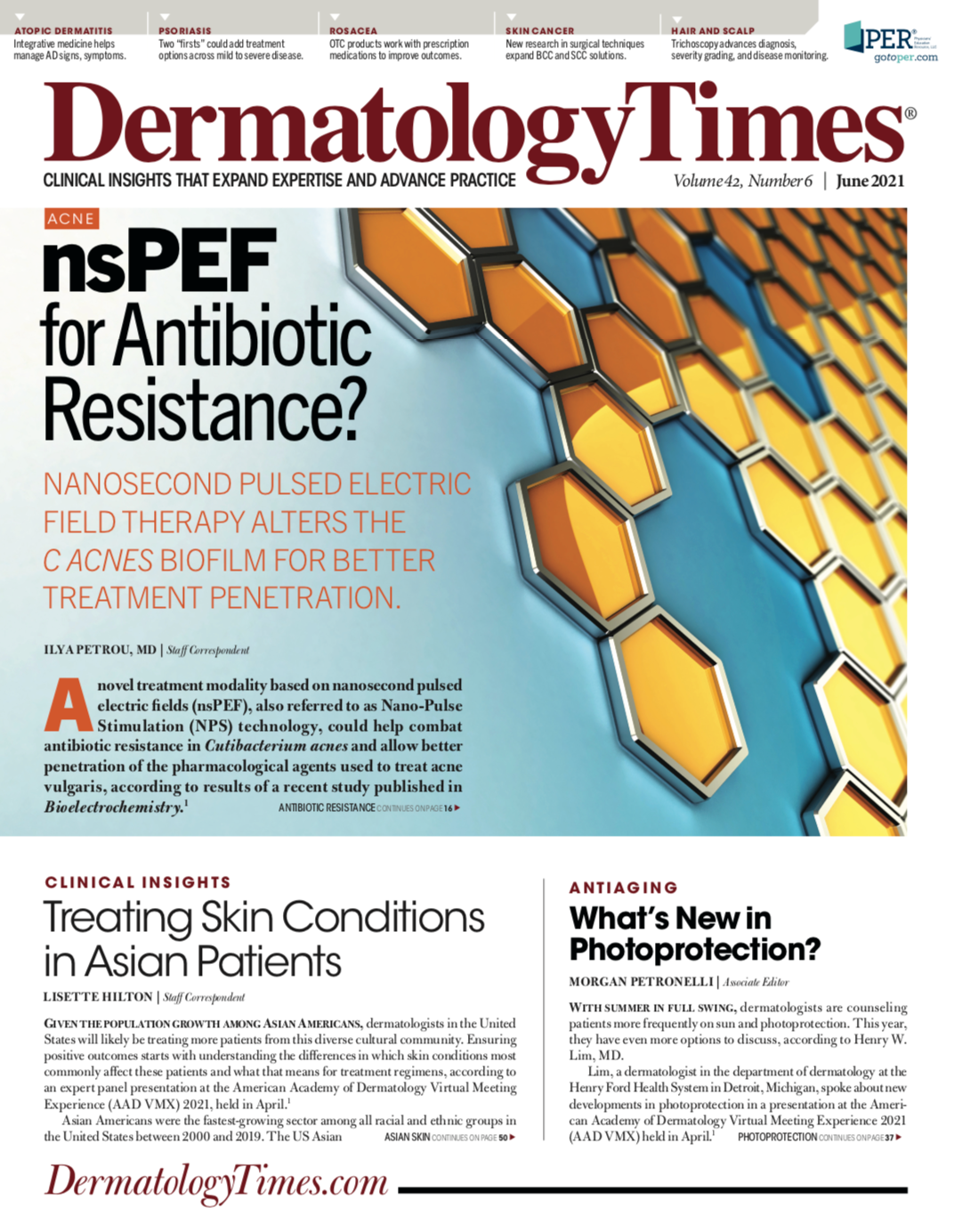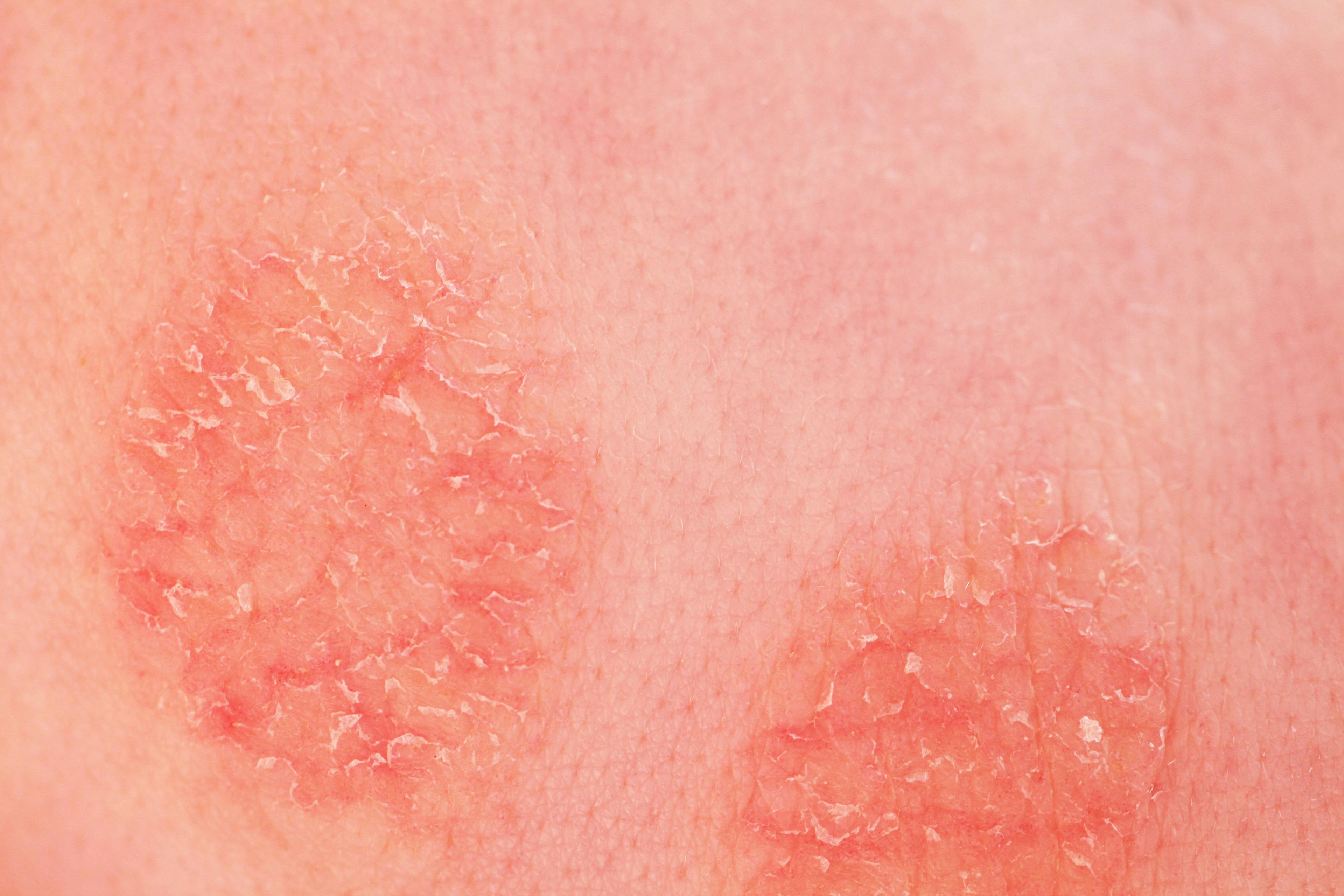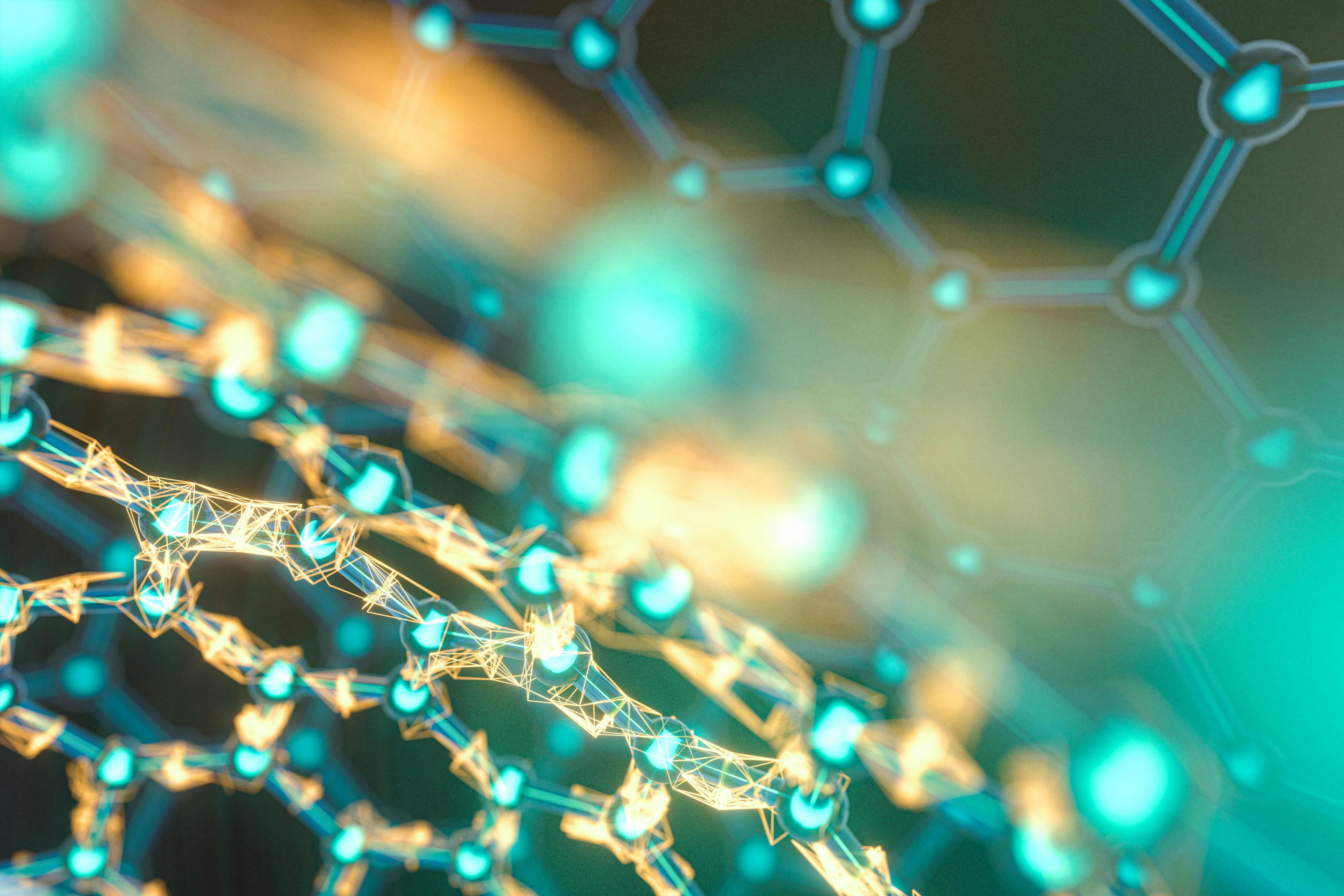- Acne
- Actinic Keratosis
- Aesthetics
- Alopecia
- Atopic Dermatitis
- Buy-and-Bill
- COVID-19
- Case-Based Roundtable
- Chronic Hand Eczema
- Drug Watch
- Eczema
- General Dermatology
- Hidradenitis Suppurativa
- Melasma
- NP and PA
- Pediatric Dermatology
- Pigmentary Disorders
- Practice Management
- Precision Medicine and Biologics
- Prurigo Nodularis
- Psoriasis
- Psoriatic Arthritis
- Rare Disease
- Rosacea
- Skin Cancer
- Vitiligo
- Wound Care
Publication
Article
Dermatology Times
Abrocitinib Effective as Flexible Dose for Atopic Dermatitis
Author(s):
A phase 3 trial produced results on the efficacy of different doses of the JAK1 inhibitor.
Abrocitinib (PF-04965842; Pfizer), a Janus kinase 1 (JAK1) inhibitor, is a once-daily oral treatment for moderate to severe atopic dermatitis (AD) in patients 12 years or older. Andrew Blauvelt, MD, MBA, president of Oregon Medical Research Center in Portland, presented the results of the JADE REGIMEN trial (NCT03627767) at the American Academy of Dermatology Virtual Meeting Experience 2021 (AAD VMX) in April.1
The purpose of this study was to measure flaring in patients when taking abrocitinib long term. Patients were given abrocitinib for 12 weeks and then randomized into 3 treatment arms for the duration of week 12 through week 40 (placebo, abrocitinib 100 mg, and abrocitinib 200 mg).
Study enrollment requirements consisted of patients who were 12 years or older, have had AD for 1 year or longer, had a body surface area (BSA) score greater than or equal to 10%, Eczema Area and Severity Index (EASI) scores of 16% or greater, and an Investigator Global Assessment (IGA) score of 3 or higher.
“These are the typical type of atopic dermatitis patients we have been seeing in recent years,” Blauvelt said.
Of the 1733 patients screened, 1233 were enrolled and 798 then were randomized. Based on the patients’ IGA scores, approximately 60% had moderate AD and 40% had severe AD. The average EASI score was 30.
After the first 12 weeks, 65.2% of patients achieved IGA 0/1 and EASI 75. Patients had to meet both requirements to be a responder.
The study’s primary end point was a proportion of patients entering rescue during the maintenance period due to protocol-defined flare-up. To be considered having a flare-up, the patient needed to demonstrate a loss of 50% or more of their existing EASI score and a IGA score of 2 or higher.
In the placebo group, 81% of patients experienced flared-ups, most by day 29. The abrocitinib 100 mg group had 42.6% of patients flare-up vs 18.9% of the 200 mg group up to week 40.
Patients who had flare-ups and were not in the high-dose group were treated with 200 mg of abrocitinib. Those who were in the high-dose group were then treated with an additional topical corticosteroid. More than 90% of placebo patients recovered EASI 75 vs 74.5% of the low-dose abrocitinib patients and 55% of high-dose abrocitinib patients.
“As far as [adverse] effects, there are a number of things listed,” Blauvelt said. “We saw a little more nausea, a little more CPK [creatine kinase], and a little bit more acne in the 200-mg group compared [with] the 100-mg group [and] compared [with] the placebo.” All adverse events affected fewer than 10% of patients.
Also, there was approximately a 35% decrease in platelet levels during the first 12 weeks of the abrocitinib study. However, these returned to baseline after continued treatment.
“We now have data on dose flexibility [with] abrocitinib [for] your patients with moderate to severe atopic dermatitis,” Blauvelt said.
Disclosure:
Andrew Blauvelt has served as a scientific adviser and/or clinical study investigator for Pfizer, AbbVie, Abcentra, Aligos Therapeutics, Almirall, Amgen, Arcutis Biotherapeutics, Arena, Athenex, Boehringer Ingelheim, Bristol Myers Squibb, Dermavant, Eli Lilly and Company, Evommune, Forté Pharma Laboratories, Galderma, Incyte, Janssen, Landos Biopharma, LEO Pharma, Novartis, Rapt Therapeutics, Regeneron, Sanofi Genzyme, Sun Pharmaceuticals, and UCB.
Reference:
1. Blauvelt A. Abrocitinib induction, randomized withdrawal and response recapture with rescue therapy in patients with moderate to severe atopic dermatitis: results from the JADE REGIMEN phase 3 trial. Presented at: American Academy of Dermatology Virtual Meeting Experience 2021 (AAD VMX); April 23-25, 2021; virtual.























